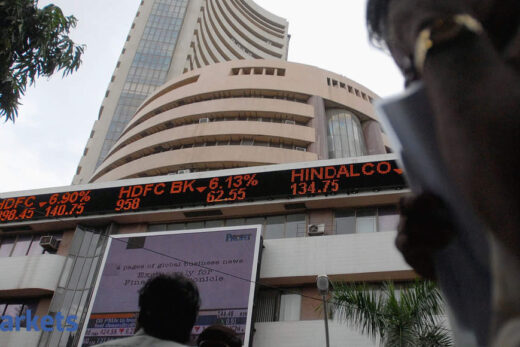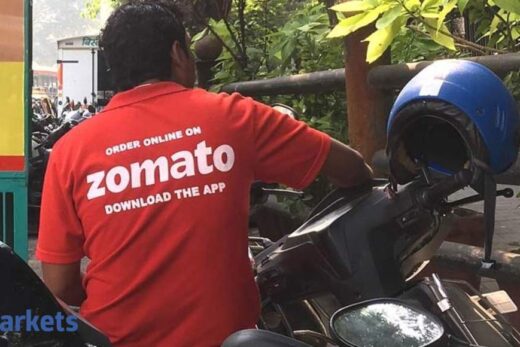“Majority of the retail investors look at the response from institutional investors and HNIs before deciding whether to bid or not,” said Dharmesh Mehta, managing director at DAM Capital Advisors. “Huge over-subscription numbers from HNIs with the help of leverage money and grey market activities ahead of the IPO sometimes mislead the retail investors.”

Easy Trip Planners, which offered shares in the range of Rs 186-187 during the IPO and traded at a premium of Rs 150-155 in the grey market till Thursday, listed at Rs 212.25 on Friday, a 13.5 per cent premium over its issue price. The issue was subscribed 159.33 times with the qualified institutional buyer, high net worth individual and retail portions getting subscribed 78 times, 384.26 times and 70.78 times, respectively.
Of 15 million Easy Trip Planners shares (excluding those allotted to anchor investors that have a lock-in period), 11.9 million shares were delivered on listing day in bulk deals without any big names, which means most of the shares were bought by retail investors hoping for quick gains based on grey market prices.
“The grey market premium, coupled with easy financing, is driving over- subscription. This could influence the IPO price in the short term post-listing,” said Ravi Sardana, an investment banker. “The euphoria due to excess funding is leading to artificial demand and price distortions.”
Mrs Bectors Food Specialties, in which the HNI portion was subscribed 621 times, currently trades 31 per cent below its listing price.
Heranba Industries, with 271 times HNI subscription, is down 29 per cent from the listing day price.
The HNI potion in Chemcon Specialty Chemicals was subscribed 449 times, but the stock trades 43 per cent below its listing price.
Shares of Antony Waste Handling, Burger King, Indigo Paints, Railtel Corp and Home First Finance, among others, currently trade 25-50 per cent lower than their high-price post-listing.
The regulators have taken note of such excessive lending on the back of the ongoing liquidity deluge and the potential systemic risks that it can cause. In a draft paper on the proposed new regulatory framework for non-banking financial companies, released early this year, the central bank suggested a funding cap of Rs 1 crore per individual for any shadow bank. Banks, in comparison, can only lend Rs 10 lakh per person for IPO financing.
According to Arun Kejriwal of KRIS Research and Advisory, IPO funding is creating an unhealthy market for retail investors as most subscribers will sell on the first day itself.



